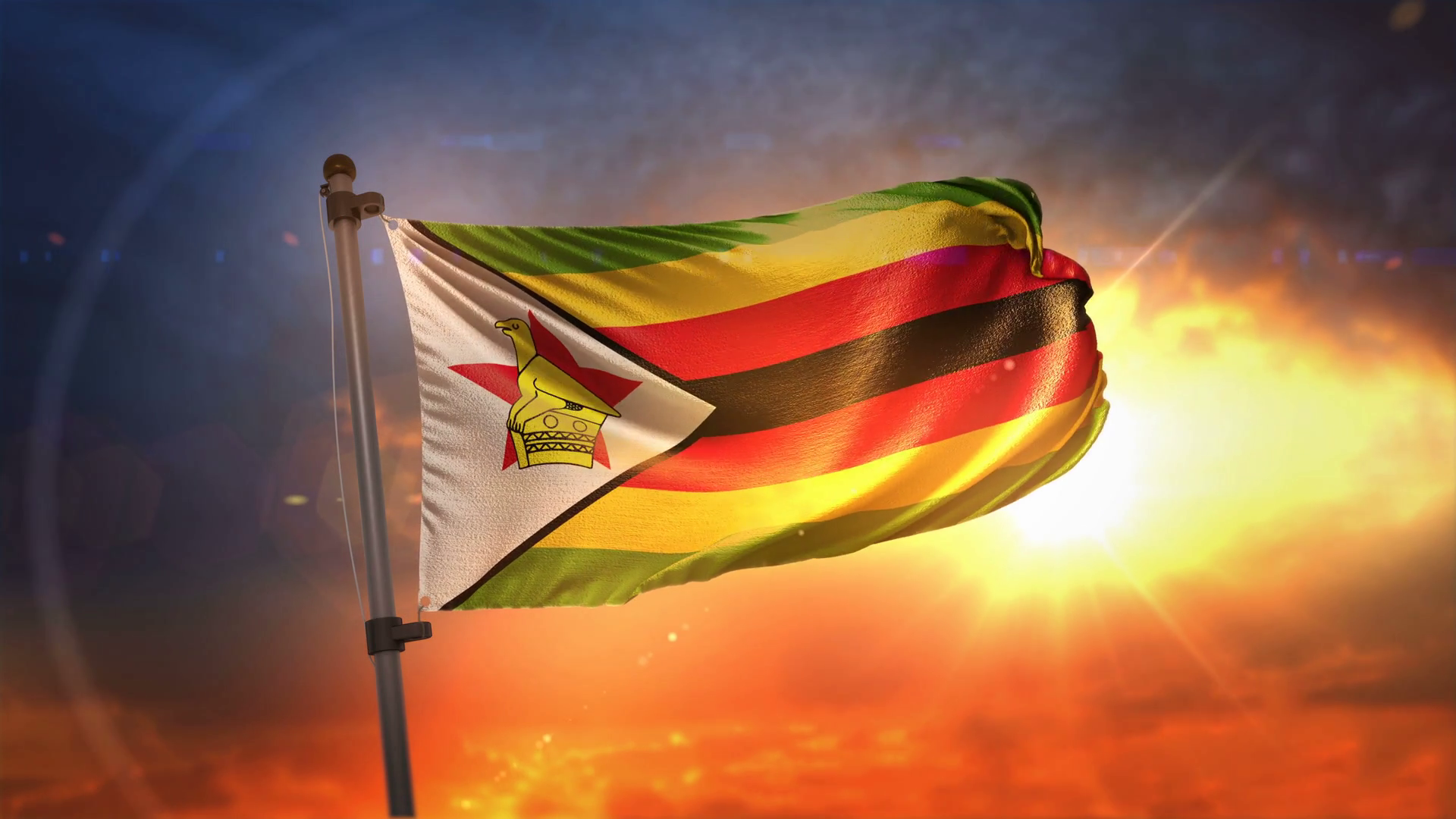WHAT should African leaders and interest groups do to spurn economic development in the new era of reformist and transformational leadership?
That question has puzzled the continent ever since the last country gained independence from colonial rule.
On average, Africa has been independent for over half a century and by 2012 most countries had overthrown the autocrats who all too often followed foreign rule, making way for a third liberation, the economic liberation.
Yet Africa is now a continent of unemployed literate youths and economies are more informal than formal.
Africa needs to transition from donor-driven development to home grown programmes; translating growth generated by a boom in commodity prices into jobs.
There are Asian and Latin American examples that show how this transformation is not only possible, but can be rapid.
Regrettably, reform in Africa has complexities that result in a mixed basket of cases, big and small, performers and laggards, fragile and relatively developed economies.
The essential question is why these economies have failed to institute the necessary reforms that lead to job creation and whether their economic and political choices militate against advancement.
South Africa can be castigated for unimpressive levels of human development. Malawi for problems of “long fingered” leaders in a country poorly endowed with natural resources.
Burundi is another consistently poor country with a difficult neighbourhood and complicated ethnic politics. Kenya has a combination of ethnic politics and an entrenched system of patronage politics that prefers short-term consumption than long-term growth investment.
Cote d’Ivoire calamitously ruined a coffee and cocoa export-oriented economy inherited at independence. Angola has the irony of a torrent of cash from oil, pouring into an impoverished land of long-term conflict and poor governance.
The speedy recovery of Mozambique from its civil war, riding on the peace dividend, improved governance, and mega resource and infrastructural development projects was torpedoed by the 10-year rule of Armando Guebuza.
The Democratic Republic of Congo continues to fail to harness vast surface and mineral wealth due to governance problems.
Lesotho, with its own natural minerals and water resources, has persistently failed to take advantage of surrounding development advantages.
As for us, once one of Africa’s most diversified economies, rich in natural and human resources, we chose redistributive policies than growth, and ended up trapped in populist politics.
Africa’s greatest challenge to reform and development is the need to balance short-term political support, with long-term developmental aspirations.
Instead of making profound commitments to economic growth as the highest priority through reforming institutions, and making and adhering to policies that encourage private sector experiences, African governments, when faced with economic problems, revert to populism, patronage, economic nationalism, and redistribution.
The record of Africa’s job creation is pathetic and in those few countries showing some growth indicators, it is more in spite of, than because of the politics.
To date, Africa lacks a development model that can foster job creation and growth from commodity booms, and, which can assist the destruction of patronage politics, as has been seen in other regions of the world.
Many of Africa’s challenges: colonial history, inequality, vulnerability to external prices, conflict, weak borders, and ethnic make-up, apply at least to as much of Asia and Latin American countries as they do to Africa.
The explanation of growth in those other regions therefore lies in policies, diversified high growth, initially low wage, job-intensive economic models.
Africa must look to those other regions for suggested winning policies and models, focussing on Central American perspectives, Asian experiences and lessons from the Middle East.
Both Central America and Africa suffer from weak States and violence being a norm. Central America has long been a battleground for “small” wars, civil wars, border skirmishes, insurrections, coups d’état, and junta’s, yet they have averaged positively and well on economic growth, especially such countries as Panama, Costa Rica, Nicaragua, Honduras, Guatemala and others.
These countries have benefited from policy changes and policy implementation, and not necessarily politics.
Dedicated leaders, who overturn the pattern and pathologies of patronage politics, and state behaviour, in preference to growth economics, can make progress.
This is what we are lacking in the new dispensation.
In drawing lessons and parallels from Asia, it should be noted that African States at their independence from colonialism had much higher Gross Domestic Products (GDPs) than Asian comparatives, and yet that was to reverse within the first two or so decades, post-colonialism.
Nigeria versus Indonesia, Ghana versus South Korea, and even Malaysia versus (American) Haiti, are strong examples of countries that had at least double the GDP of their Asian counterparts at independence, but have been overtaken strongly.
Asia’s success shows that a commitment to pro-growth policies makes the difference.
A comparative analysis of Malaysia and its miracles, the Philippines and their African mirror politics, and Vietnam, considered as having more reasons than Africa not to develop, and the suppression of wages in Bangladesh against unknown alternatives, all support the notion of policy versus politics.
Abundance or lack of resources is not the determinant factor in
African economic development. Management is.
The experiences of Qatar, Abu Dhabi, Dubai and that of Israel, show that the key enablers in that region could be replicated by African countries, despite differences such as size of territory and populations, and the different levels of development of systems of governance between the Middle East and Africa.
These Middle East nations have demonstrated how single resource economies can be diversified through focus on other variables such as services, infrastructure, duty free zones, attraction and retention of skills, and even the hosting of premier sporting and cultural events, for example the 2022 Qatar air-conditioned Fifa World Cup.
Israel’s defining economic characteristic is the lack of oil, or any other national resource, but it has excelled in growing an entrepreneurial class that has driven new, dramatic economic activity.
Two of Africa’s worst challenges are transformation of their mineral and other natural resources to be of benefit to entire societies and not only political leaders; and the need to end state animus towards private enterprise.
It is also not enough for Africa to simply replicate others, direct mimicry, neither is it advisable to re-invent the wheel.
The African growth model, if countries adopt the necessary reforms and manage their infrastructure problems, is thus likely to be less Asian than European or American, and be more African.
Africa needs to endorse macro-economic stability and good governance. The establishment of national peace through negotiated agreements, reconciliation processes and efforts towards fair elections will stimulate donor appetite but will not be the home-grown developmental framework that Africa desperately needs.
Please do not be fooled. Our comatose economy of run-away inflation, inconsistent policies, contradictions between politicians and technocrats, and which is deteriorating with each passing day, will not resurrect like Jesus.
Not even a visit to Chipinge’s Mbuya Makopa at Ngaone, to seek super-natural or extra-terrestrial powers will change our fortunes.
Our chief ruler and his deputies may sooner need to concede that they have failed the cut required for reformers and transformers, and that they are simply a cut from the same old cloth.
No matter how hard they make sure it will work, it will not work. Simple. Hapana hapana.
My reading of a book written by Greg Mills and Jeffrey Herbst and whose title I have borrowed has inspired this article. In a foreword to the book, John A. Kufuor, President of Ghana from 2001 to 2009, agrees that with the right policies and the right politics, Africa’s progress could be extraordinary.
For us in Zimbabwe, we need someone to inform all those security guards at government complexes that the thieves are already inside.






